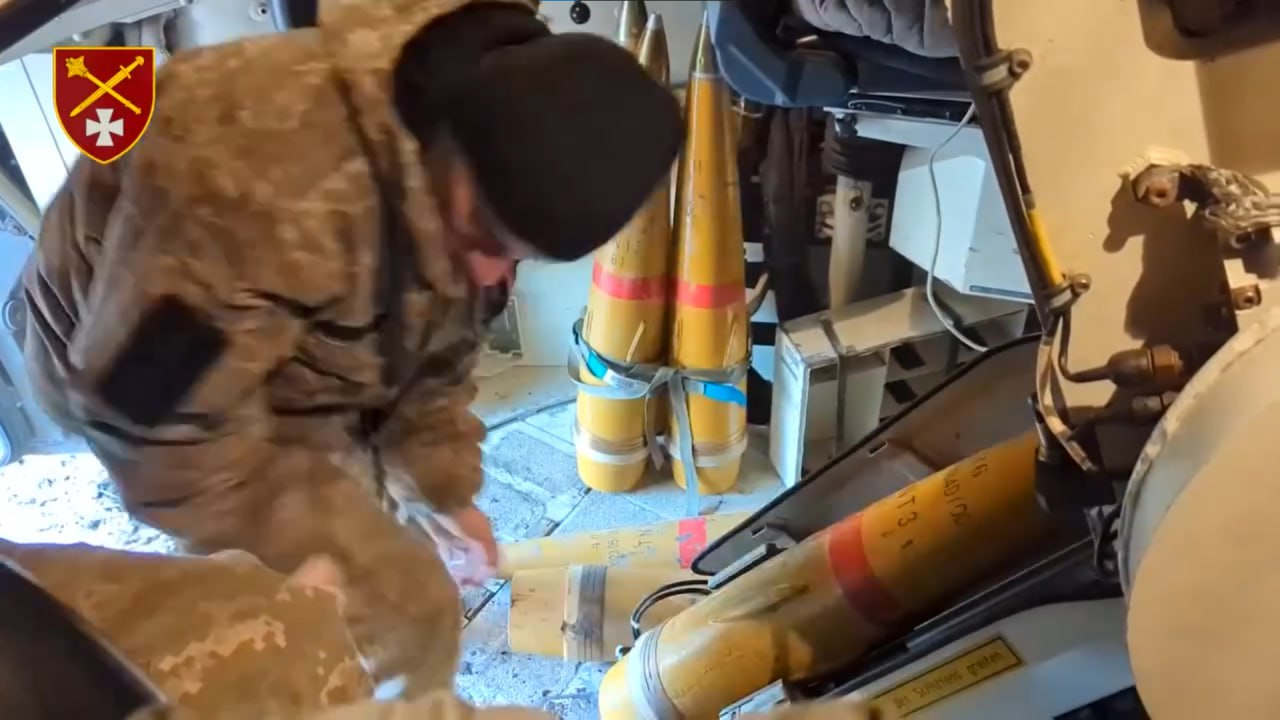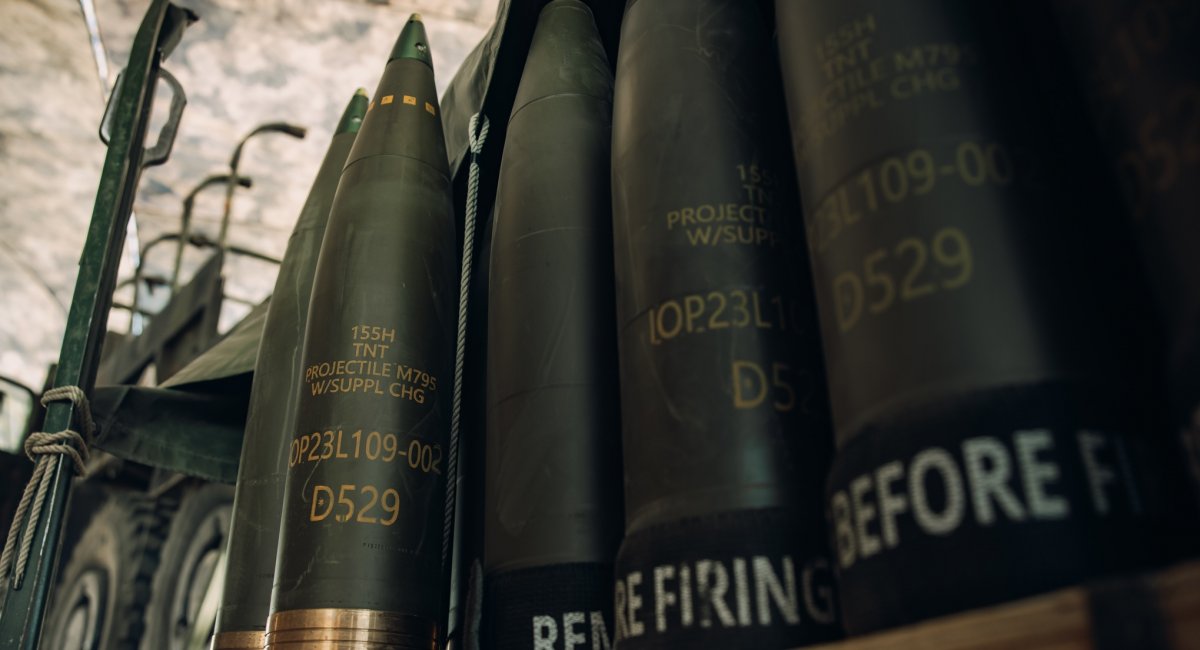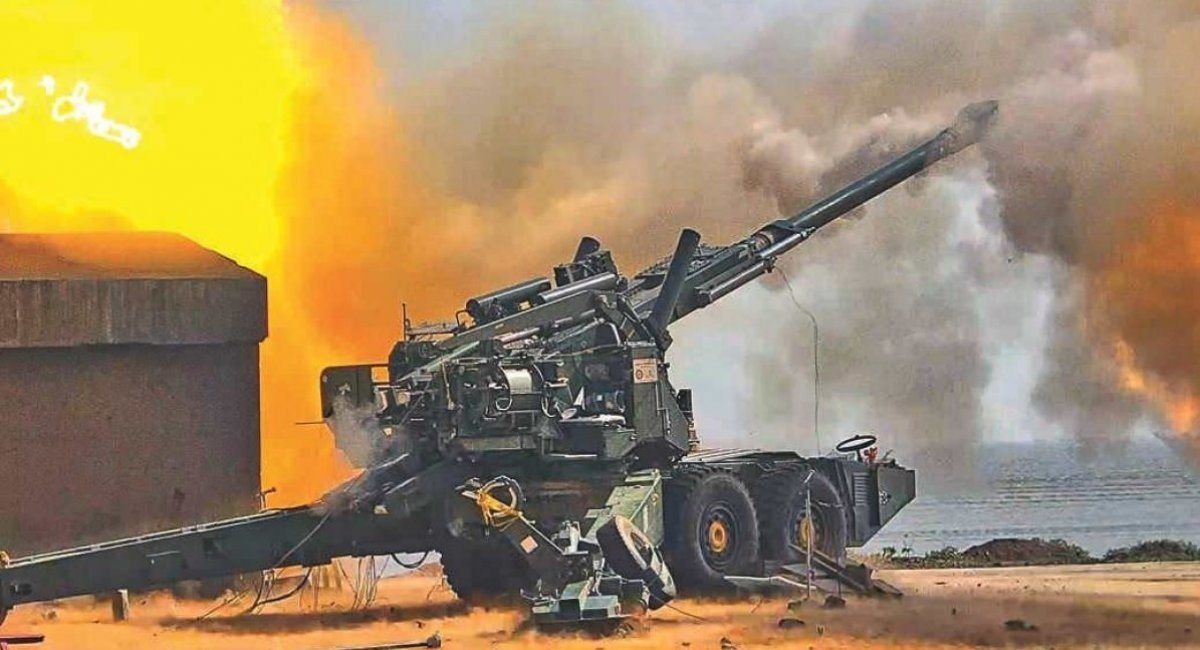In September 2024, it became known that 155-mm shells were sold from India to Ukraine. Unsurprising, considering the Indian army possesses 10,000 artillery systems of various calibers, including 155-mm.
Now, India seeks to further develop cooperation with Europe in the artillery field, particularly by entering an agreement with Germany. Arms manufacturer Rheinmetall and the Indian Reliance Defense Ltd defense company have agreed on several forms of cooperation, including supplies of Indian explosives and gunpowder needed to manufacture medium- and large-caliber shells, Hartpunkt reports.
Read more: Czechia's Helicopter Fleet: What Remains After Donating Mi-24Vs to Ukraine?

The two companies signed a memorandum of understanding stipulating that India's Reliance Defense Ltd will provide the outlined materials to Rheinmetall. In the long run, this could benefit Europe and Ukraine by improving their access to shells.
In addition, Reliance Defense, in partnership with Rheinmetall, will build a new plant in the Watad industrial zone. The plant will have an annual production capacity of 200,000 shells, 10,000 tons of explosives, and 2,000 tons of other materials used in the munitions industry. Once operational, this plant will be the largest in the Southeast Asian region.
It is noted that the main benefit for Rheinmetall from this cooperation is access to raw materials for ammunition production and greater supply chain security, while for India’s Reliance Defense, it is the expansion of domestic shell production to support the national armed forces. Other details have not yet been disclosed.

From Defense Express, the shortage of resources for artillery ammunition production remains a pressing issue for many of the Western countries.
We can recall the example of the United States maintaining TNT imports for 155-mm shells from Poland, even amid its own trade war. Another case is that a U.S. shell manufacturer has pointed to a global shortage of explosives, which hardly affects russia.
Against this background, it is logical to increase the available resource base in any possible way. This is how Rheinmetall apparently came to cooperate with India, which, on the one hand, is still a major buyer of arms from russia. At the same time, India took no steps to block the delivery of domestically produced shells to the Ukrainian military.
Earlier Defense Express reported that India wanted more russian S-400 systems on its eighth year of waiting for the previous batch.
Read more: Diehl Works on Coastal Defence Launcher — A Chance for Ukraine's R-360 Neptune to Fit in?












